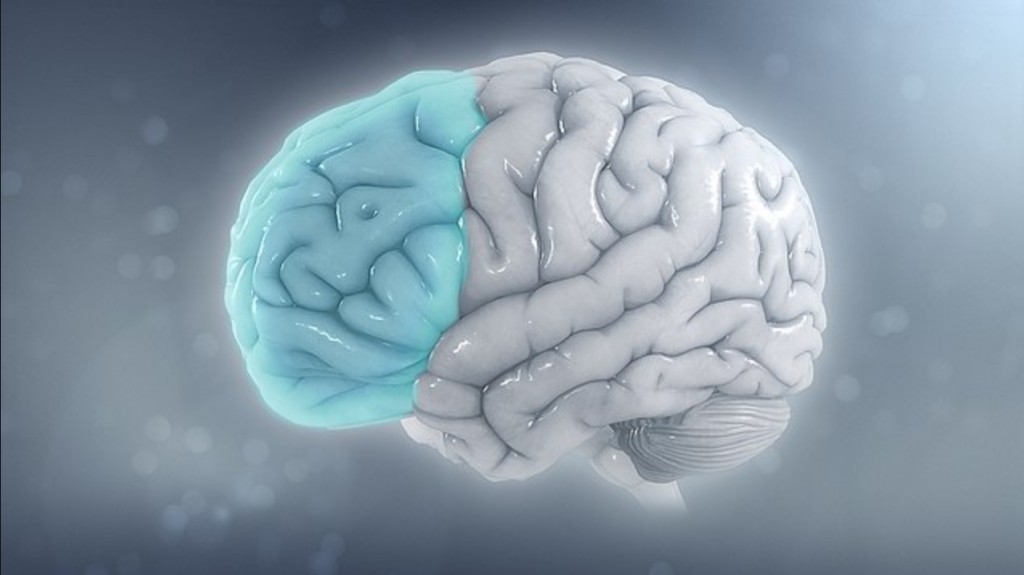Revolutionary brain implants enable speech for paralyzed individuals.
Others are reading now
Dr. Jaimie Henderson’s childhood wish for his father to speak with him has led to a groundbreaking development in brain implants. Now a neurosurgeon at Stanford Medicine, Henderson and his colleagues are pioneering technology that could grant similar wishes for others with paralysis or speech impairments.
According to CNN two studies published in the journal Nature reveal the potential of neuroprostheses to record neural activity during natural speech attempts. This activity can then be decoded into words on a computer screen, audio speech, or even an animated avatar.
Henderson’s personal connection to this research stems from his father’s severe car accident that left him barely able to move or speak. This early experience ignited Henderson’s interest in understanding how the brain produces movement and speech.
The studies examined the use of implanted brain sensors in a 68-year-old patient diagnosed with amyotrophic lateral sclerosis (ALS). The implants recorded neural activity as the patient attempted to make facial movements or speak single words. Software decoded this activity, converting it into words displayed on a computer screen in real time.
Also read
With a 50-word vocabulary, the error rate in decoding was 9.1% on vocalizing days and 11.2% on silent days. For a 125,000-word vocabulary, the error rate was 23.8% across all vocalizing days and 24.7% for silent days.
The researchers highlight that the decoding occurred at high speeds, with the patient speaking at an average pace of 62 words per minute. This speed more than triples previous brain-computer interfaces, which had about 18 words per minute for handwriting models.
The patient, Pat Bennett, expressed hope that the technology will become easily accessible to those who cannot speak, allowing them to stay connected to the world and maintain relationships.
However, the researchers emphasize that their findings are a “proof of concept” and need to be tested on more people before clinical use.
A separate study involved a woman who could not speak clearly due to paralysis after a stroke. An electrode device implanted in her brain recorded neural activity, decoded into text on a screen, with a median rate of 78 words per minute and a median word error rate of 25%.
The two new brain implant studies overlap in their findings and long-term goals to restore communication for people with paralysis. Dr. Edward Chang, a neurosurgeon and author of the study from UC San Francisco, expressed excitement about the commercial activity in the brain-computer interface area.
Although the devices are currently studied as proofs of concept and not commercially available, they could pave the way for future science and commercial devices.
Henderson’s journey from wishing to communicate with his father to seeing this technology work is described as “indescribable,” symbolizing hope for continued improvement and solutions in the coming years.


